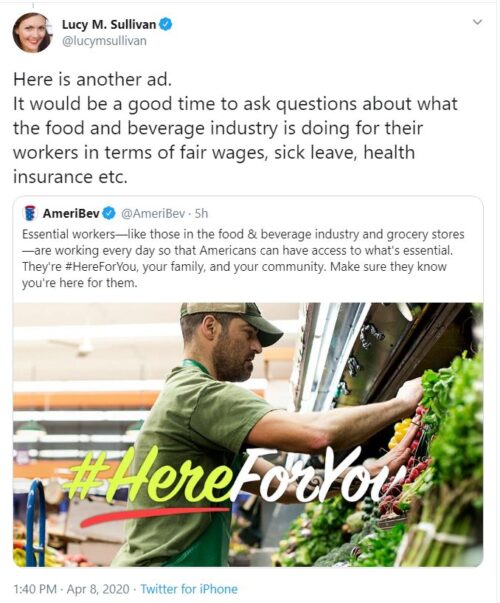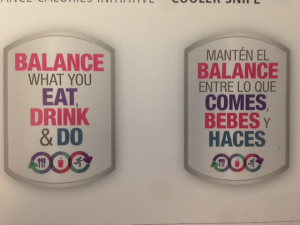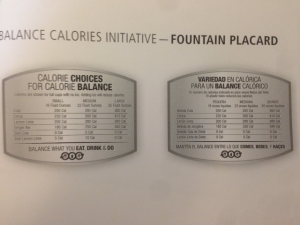Industry-funded study of the week: artificially-sweetened sodas and calorie intake
The study: Effects of Unsweetened Preloads and Preloads Sweetened with Caloric or Low-/No-Calorie Sweeteners on Subsequent Energy Intakes: A Systematic Review and Meta-Analysis of Controlled Human Intervention Studies. Han Youl Lee, Maia Jack, Theresa Poon, Daniel Noori, Carolina Venditti, Samer Hamamji, Kathy Musa-Veloso. Advances in Nutrition, Volume 12, Issue 4, July 2021, Pages 1481–1499.
Methods: Review and meta-analysis of previously published studies.
Conclusions: Unsweetened or LNCS-sweetened preloads appear to have similar effects on intakes when compared with one another or with CS-sweetened preloads. These findings suggest that LNCS-sweetened foods and beverages are viable alternatives to CS-sweetened foods and beverages to manage short-term energy intake.
Funder: “The American Beverage Association provided funding for the work presented herein.”
Author disclosures: MJ is a paid employee of the American Beverage Association. Intertek Health Sciences, Inc.(HYL, TP, DN, CV, SH, KMV), works for the American Beverage Association as paid scientific and regulatory consultants.”
Comment: The great puzzle about artificial sweeteners is that they are not strongly associated with reduced calorie intake in most studies, perhaps because sweet tastes encourage people to eat more calories. This industry-funded study is designed to counter that idea. It concludes that low- or no-calorie sweeteners have no special effect on calorie intake. The American Beverage Association represents soft drink companies, predominantly Coke and Pepsi, most of them manufacturing drinks sweetened with sugars or high-fructose corn syrup (with calories) or chemical sweeteners (no or low-calorie). These companies are happy to have you buy either kind, and they don’t want you worrying about all the things you’ve heard about artificial sweeteners.
The Association’s rules for research are here. But it is unlikely to fund proposals for research that might come up with inconvenient conclusions.
Reference: For a summary of research on the “funding effect”—the observations that research sponsored by food companies almost invariably produces results favorable to the sponsor’s interests and that recipients of industry funding typically did not intend to be influenced and do not recognize the influence—see my book, Unsavory Truth: How Food Companies Skew the Science of What We Eat.




